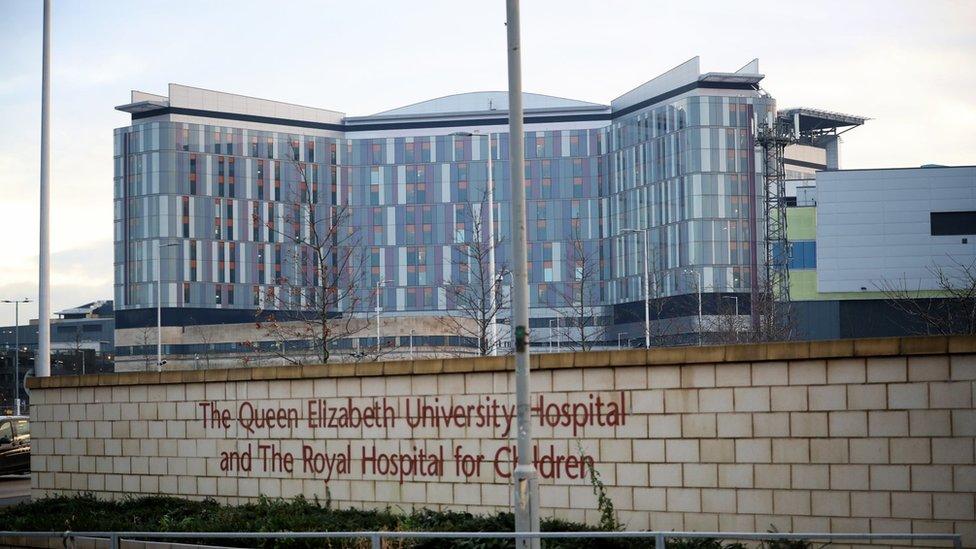Lack of beds during hospital's major incident - report
- Published
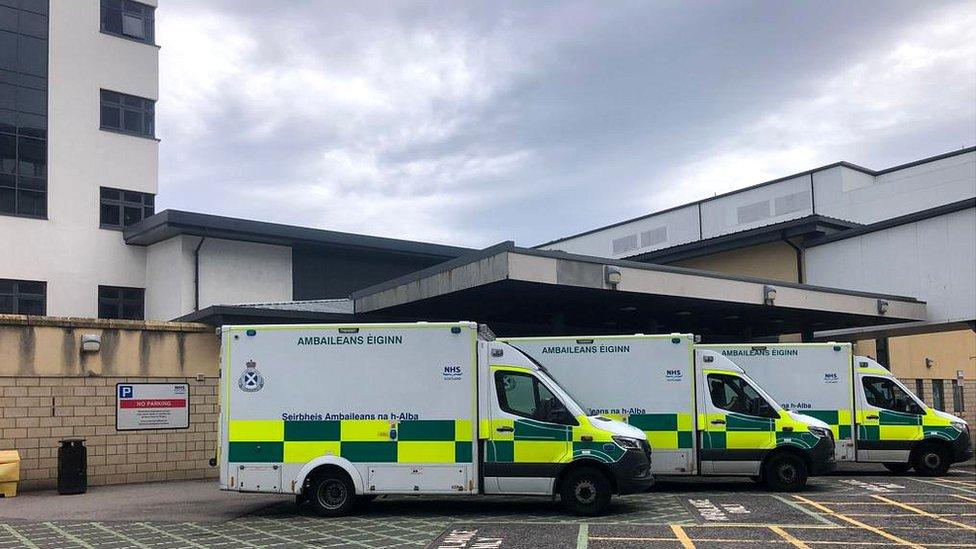
Aberdeen Royal Infirmary's emergency department was part of a hospital-wide major incident on 22 February
A hospital which declared a major incident didn't have enough beds and mattresses to accommodate extra patients, an NHS review has revealed.
Aberdeen Royal Infirmary declared a major incident on 22 February when high service demand left 16 ambulances outside waiting to drop patients off.
A review of the incident found a number of issues, such as just one nurse responding to a call for staff.
NHS Grampian said it has learned lessons from the incident.
A group of senior doctors has raised safety concerns about emergency departments in NHS Grampian.
This includes care at Aberdeen Royal Infirmary, where a hospital-wide major incident was declared in February, a time when Scotland's health service was under unprecedented pressure.
The declaration means a health board puts in short-term special measures - such as cancelling operations and getting staff who are off-shift to come in - to try to manage the volume of patients.
The Aberdeen Royal Infirmary major incident came because of high demand, staffing pressures, bed blocking and the stacking of ambulances outside the building.
An NHS Grampian review of the incident, obtained by BBC Scotland News, shows a number of challenges for the health board on the day. This includes:
Confusion among staff initially as to whether a major incident had been called, and what that involved.
Concerns about fatigue and that "goodwill from staff is running out", with only one nurse responding to a call for extra medics to come forward.
A lack of beds and mattresses at the hospital to accommodate additional patient numbers.
Some staff questioning why the incident had been declared as the situation "was probably no different" to the previous 24 to 48 hours.
The review concludes that it "came across quite clear that some staff are beginning to doubt the goodwill of their colleagues to respond to anything other than what they recognise as a spontaneous major incident".
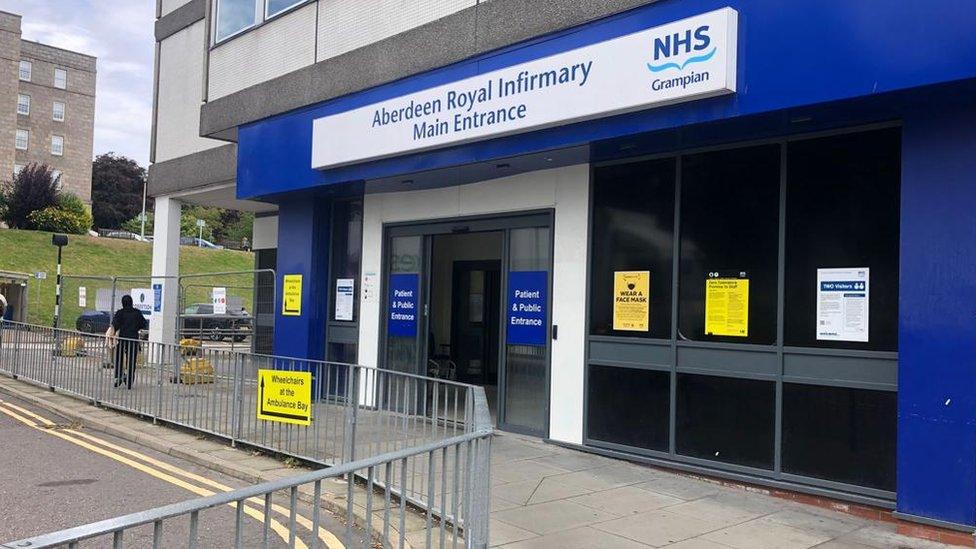
The Aberdeen Royal Incident started at 18:30 on 22 February and ended at 01:50 the next day once the situation had improved.
Other health boards at the time were close to declaring major incidents as a result of similar pressures on their services.
In December, 2022 A&E doctors at the Queen Elizabeth University Hospital in Glasgow urged NHS Greater Glasgow and Clyde to declare a major incident amid "grave concerns" over patient safety.
'Lessons learned'
Tess White, North East MSP and Scottish Conservative public health spokeswoman, said: "Months before the incident referred to, constituents had been in touch with me over ambulances stacking up outside ARI.
"I asked the deputy chief executive of NHS Grampian about that in Holyrood's health committee last September.
"Dr Coldwells was very informative about a raft of changes the board had made to speed up admissions. It was obvious the team there could see the dangers and were trying their best to stretch limited resources.
"But if that's not worked going into the last winter, it raises questions whether similar distressing scenes will happen again in the months to come."
A NHS Grampian spokeswoman said the major incident came at a time of "exceptional pressure". A debrief session with staff later established both the "positive and negative aspects of our response" with a view to learning from the event.
She added: "These major incidents are an internal trigger point, called to allow us to focus on areas with greatest need until the pressure has eased.
"This can be due to staffing, hospitals being full and indeed the number of very ill patients being admitted.
"Whilst thankfully they don't happen frequently, we are able to act in an agile way to find solutions. "
Related topics
- Published8 January 2023
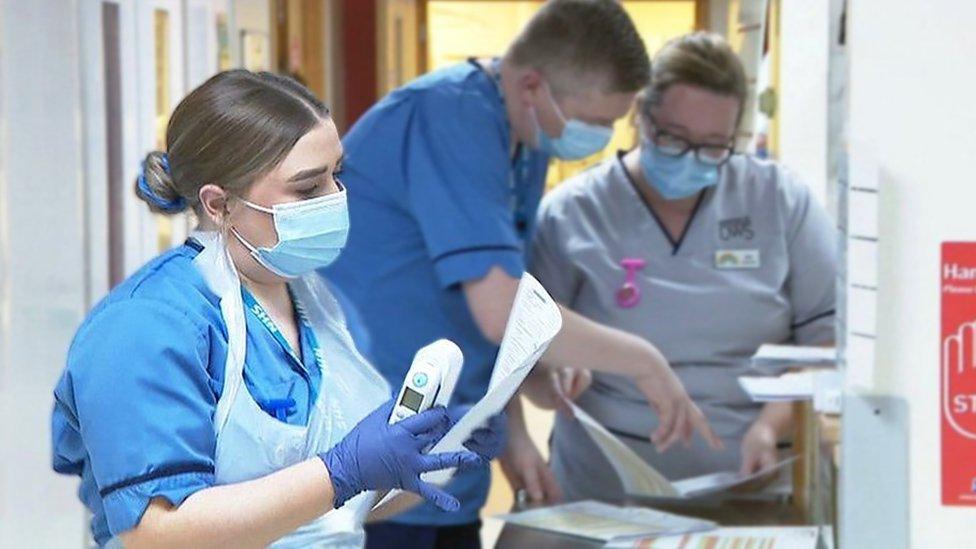
- Published23 August 2023
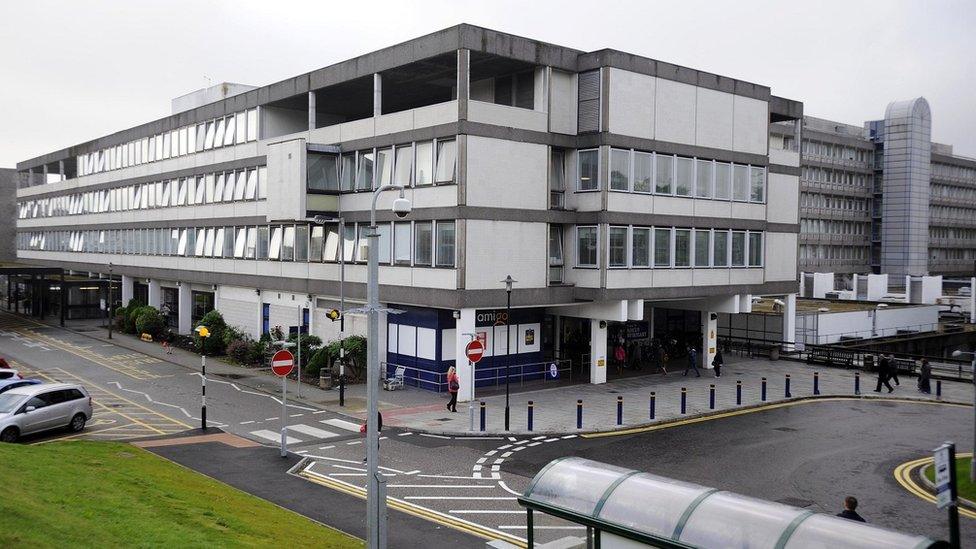
- Published2 January 2023
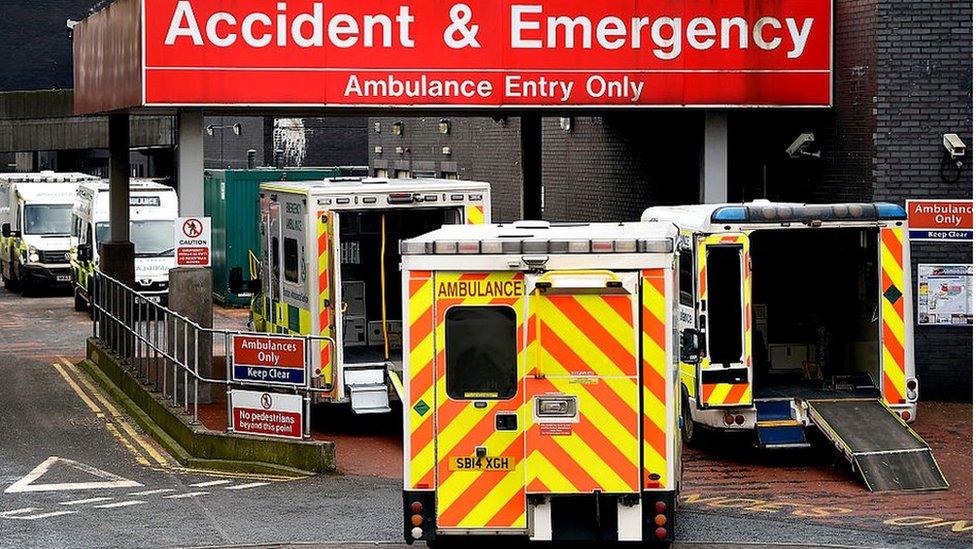
- Published30 December 2022
